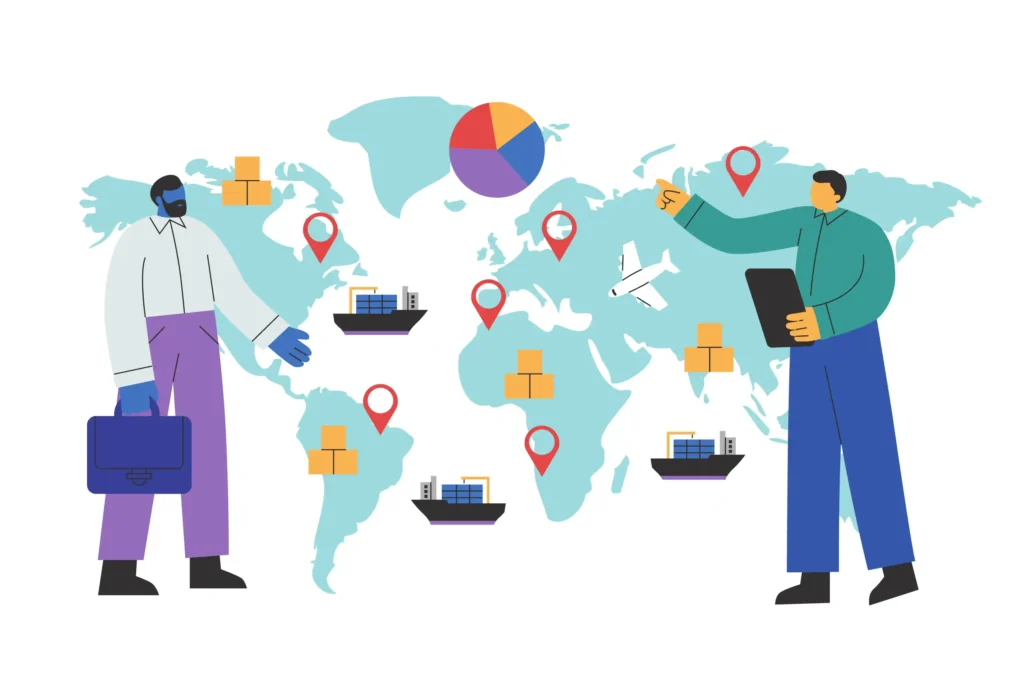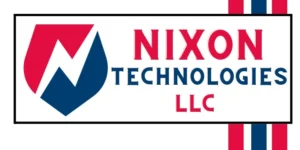High tech
Driving Innovation and Advancement
The term “high-tech” refers to industries and products that leverage advanced technology and innovation to deliver cutting-edge solutions. High-tech sectors encompass a wide range of industries, including electronics, information technology, biotechnology, aerospace, and telecommunications, among others. These industries are characterized by rapid technological advancements, intense competition, and a constant drive for innovation. High-tech companies play a crucial role in driving economic growth, fostering job creation, and shaping the future through the development of groundbreaking technologies and products.
High tech Innovation and Research Development
Innovation lies at the heart of the high-tech industry, driving continuous advancements and breakthroughs in technology. High-tech companies invest heavily in research and development (R&D) to push the boundaries of what is possible and create solutions that address pressing challenges and meet evolving consumer demands. Whether it’s developing next-generation smartphones, exploring the potential of artificial intelligence, or pioneering breakthroughs in renewable energy, innovation is the driving force behind the success of high-tech companies.


Global Impact and Market Dynamics
The high-tech industry has a profound global impact, shaping economies, societies, and everyday life around the world. From Silicon Valley in the United States to tech hubs in Asia and Europe, high-tech clusters drive innovation, attract talent, and fuel economic growth. Moreover, high-tech products and services have transformed how we communicate, work, travel, and access information, revolutionizing industries and enabling new business models. The increasing interconnectedness of the global economy has facilitated the rapid expansion of high-tech companies into international markets, leading to complex supply chains, cross-border collaborations, and global competition.
Disruptive Technologies
High-tech industries are often at the forefront of disruptive technologies that fundamentally change the way we live and work. From the internet and mobile devices to cloud computing and blockchain, disruptive technologies reshape industries, create new markets, and redefine business models. Companies that embrace disruptive technologies gain a competitive edge, while those that fail to innovate risk being left behind in a rapidly evolving landscape.

Cybersecurity Challenges
As high-tech products and services become increasingly integrated into everyday life, cybersecurity has emerged as a pressing concern. With the proliferation of cyber threats such as data breaches, ransomware attacks, and phishing scams, safeguarding digital assets and protecting sensitive information is paramount. High-tech companies invest in robust cybersecurity measures, including encryption, threat detection, and incident response protocols, to mitigate risks and ensure the integrity and confidentiality of data.
Talent Acquisition and Skills Gap
The high-tech industry faces challenges in recruiting and retaining top talent with the specialized skills and expertise required to drive innovation. As technology evolves at a rapid pace, there is a growing skills gap in areas such as artificial intelligence, cybersecurity, and data analytics. High-tech companies invest in talent development initiatives, collaborate with educational institutions, and offer competitive compensation packages to attract and retain skilled professionals in an increasingly competitive job market.
